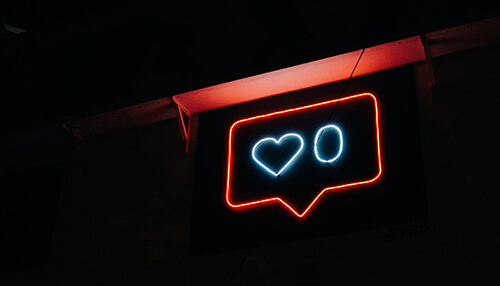Marketing for e-commerce represents a unique challenge for brands. This is because, unlike conventional marketing, every couple of years new platforms, modalities, and technologies emerge to disrupt and re-organize the status quo. Let’s delve into some of these prominent e-commerce marketing trends that defined the year 2022.
Because of this, brands looking to keep pace with the e-commerce sector need to stay abreast of these developments. The pivot towards micro-video content inaugurated by TikTok, for example, caught many brands asleep at the wheel. Now, Instagram, Facebook, and YouTube are all heavily investing in and pushing this type of content, and brands that were reactive and got on the ground with micro-video content, are now reaping the rewards.
With that said, while it pays to keep your finger on the pulse, there remain perennial components to marketing that work just as well online as in any other context that should not be ignored. Below we’re going to look at two leading e-commerce marketing trends that are essential to succeeding in the online marketplace in 2022.
Marketing 101: Promotional Offers
One classic marketing strategy that retains its relevance and effectiveness in 2022 is that of providing promotional offers to prospective consumers. This can take many forms–all of which share in common a means of supplying customers with a special service with the aim to encourage uptake of their specific product or service.
In our modern world, one of the most common examples of a promotional offer can be seen in the content streaming sector. Platforms ranging from Netflix to Audible frequently offer users a free trial period, typically ranging from 7 days up to a month. This not only represents a tangible discount for new users, further encouraging them to engage with these platform’s services, but it serves as a means of inviting people to “try before they buy”. Brands adopting this strategy bank on the fact that the majority of users will be sufficiently pleased with the service offered to continue subscribing after the free trial has elapsed.
Elsewhere, promotional offers take the form of welcome bonuses, wherein users get added perks for engaging with a service through the offer. This takes many forms and can be seen across a range of sectors. For example, online comparison platform OddsChecker collates offers on free spins for slot titles from a host of online casinos offering its services in the United States, and UK-based mobile phone retailer EE offers 6 months of Apple Music for free for new sign-ups to their contract plans. By serving up a range of incentives such as these on select products, brands can increase the percentage of onboarding from their marketing campaigns in a simple and effective way.
Medium is the Message
Social media has revolutionized the way brands engage with their customer base. While this means that it’s potentially easier than ever before for even small companies to make a name for themselves in a specific sector, much of this is dependent on how effective and cohesive their overarching social media portfolio is.
In 2022, the long-running trend towards increasingly visual content has led to leading brands getting serious about first impressions. In much the same way that a physical storefront relies on an eye-catching window display to draw people in, brands utilizing a range of visually optimized platforms, from Instagram to TikTok, need to think carefully about the message they’re sending with their aesthetics.
For example, when people see a palette of colors ranging from pastel greens and beiges through to white on social media. They typically associate this with the wellness industry, and with related trends such as the “clean girl” aesthetic. As such, a brand operating in the wellness space would do well to play into this color scheme and presentation, in order to put forward a cohesive and self-aware profile.
While it’s always possible to play against type, this is significantly more challenging and generally favors brands that have already established themselves in a conventional sense first. A wellness company whose socials are awash with dark jewel tones, blacks, and reds is unlikely to organically attract new followers as it runs counter to both prevailing trends and color psychology.




